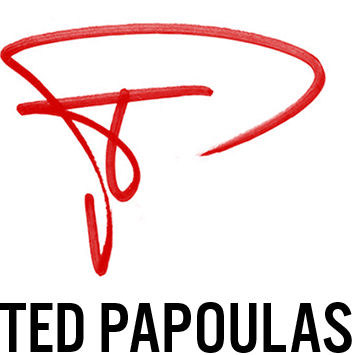“The artist deals in what cannot be said in words. The artist whose medium is fiction does this in words. The novelist says in words what cannot be said in words.”
I first became aware of Ursula Le Guin's work through a 1980 PBS aired movie version of her 1971 novel, The Lathe of Heaven. I was fifteen at the time and transfixed by the unique mood of this science fiction story about a young man whose dreams change reality. Only he is aware that the world has changed. He abuses multiple prescription medications in an attempt to keep himself from dreaming. This leads to his undergoing psychological treatment to avoid prosecution where his oneirologist starts out sceptical but soon becomes a believer who manipulates his patient's dreams. It's compelling, tackles many societal and human issues such as war, racism, over population, the nature of reality, and doesn't rely on laser battles or robots. While I had loved Star Wars, I had never seen any science fiction that worked on a variety of levels and that kept me thinking about its themes long after viewing.
Of course, the movie then paled in comparison to actually diving into her many award winning novels. Ursula was a ground-breaking author in a variety of ways who showed through her work that science fiction was as valid, profound and worthy as any other form of literature. She encouraged countless writers to pursue their own visions and not be confined by standard science fictions tropes.
My good friend Freya pointed me towards her award winning Earthsea series, which I enjoyed greatly. Long before Harry Potter, Ursula realized that tales of wizards seemed to always feature old, gray-bearded men but no one begins as an old man, so she decided to write about a young boy, Ged, who displays great power and joins the school of wizardry, where his prickly nature drives him into conflict. While considered children's literature, like Potter, it is not as whimsical but instead more sophisticated in tone.
Her work and influence will continue on, and the world is a much better place for it. Instead of seeing the umpteenth Star Wars film some night, treat yourself to a good read instead. You won't be sorry.

